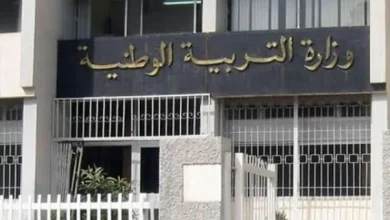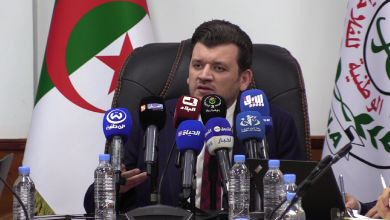As the Israeli-Palestinian conflict escalates, American universities find themselves in a delicate conundrum. On one hand, they’re pressed to meet the demands of their wealthy donors who are staunchly pro-Israel. On the other, they must also safeguard their students’ right to express support for the Palestinians.
Several American philanthropists have either ceased or threatened to halt their contributions to esteemed higher education institutions like Harvard University in Massachusetts and the University of Pennsylvania in Philadelphia. For instance, the Wexner Foundation, committed to cultivating “leaders for the American Jewish community and the State of Israel,” severed its ties with Harvard’s Kennedy School.
This move was justified by the wealthy family as Harvard’s “egregious failure to take a clear and unequivocal stance against the brutal crimes and killing of innocent Israeli civilians by terrorists.” Similarly, Mark Rowan, the CEO of Apollo Global Management and a major donor to the University of Pennsylvania, demanded the resignation of its president, Elizabeth Magill, criticizing the university for hosting a Palestinian literature forum featuring figures he claimed are “known for their anti-Semitism and promotion of hate and racism.”
Other benefactors to both Harvard and the University of Pennsylvania, like Kenneth Griffin and Ronald Lauder, have also expressed their dissatisfaction with the universities’ current conduct, according to U.S. media outlets.
Fear and Concern Among Students
In a recent development, the military wing of the Hamas movement, the Al-Qassam Brigades, launched an unprecedented attack on Israeli military sites and settlements near Gaza. In response, Israeli forces relentlessly bombed various locations in the Gaza Strip, even amassing troops near its borders in preparation for a potential ground invasion. The Gaza Health Ministry reported that 4,385 people, mostly women and children, have been killed due to the bombings. Meanwhile, over 1,400 people have died on the Israeli side, mostly on the first day of the attack, according to Israeli authorities.
Harvard University President Claudine Gay condemned the attack by the Al-Qassam Brigades but faced criticism for her delayed and insufficiently severe response.
Officials at Columbia University in New York and Stanford University in California have also faced calls to explicitly distance themselves from student groups supporting the Palestinians, accused of labeling Israel as committing “genocide” in their publications.
On the other side of the debate, a group of Harvard faculty urged an end to the harassment of students who had signed a petition against Israel. The harassment included a vehicle driving near the university campus in Boston, displaying students’ pictures and names under the banner, “Top anti-Semites at Harvard.”
Freedom of Expression at Stake
Kristine Shahverdyan, director of the Freedom of Expression and Education program at PEN America, emphasized the vital role of free speech in higher education. She remarked, “What we are hearing directly is that some students at some universities are concerned about expressing themselves; they are perhaps worried about protesting.”
Shahverdyan stressed that donors must realize that freedom of expression is a cornerstone of higher education, even if that includes views they strongly disagree with.
In the current climate, American universities are navigating a challenging tightrope, balancing their financial considerations with the moral obligation to uphold free speech.



